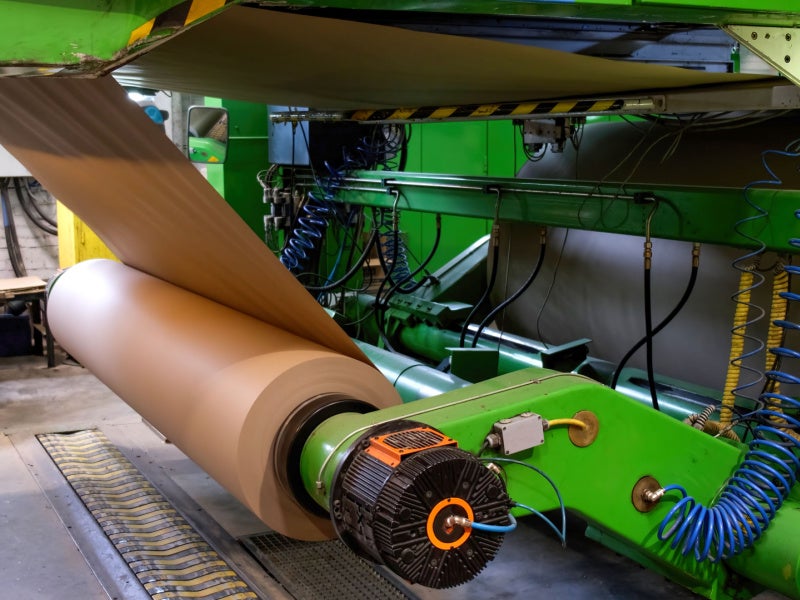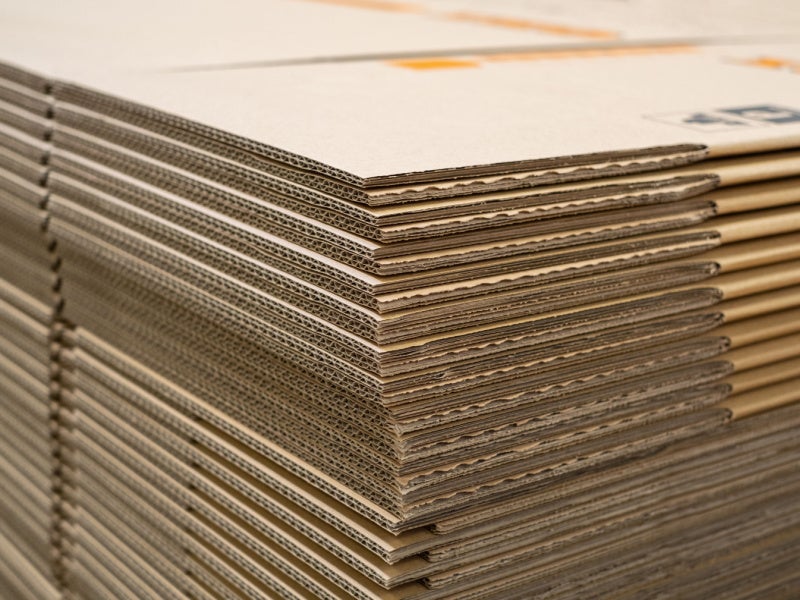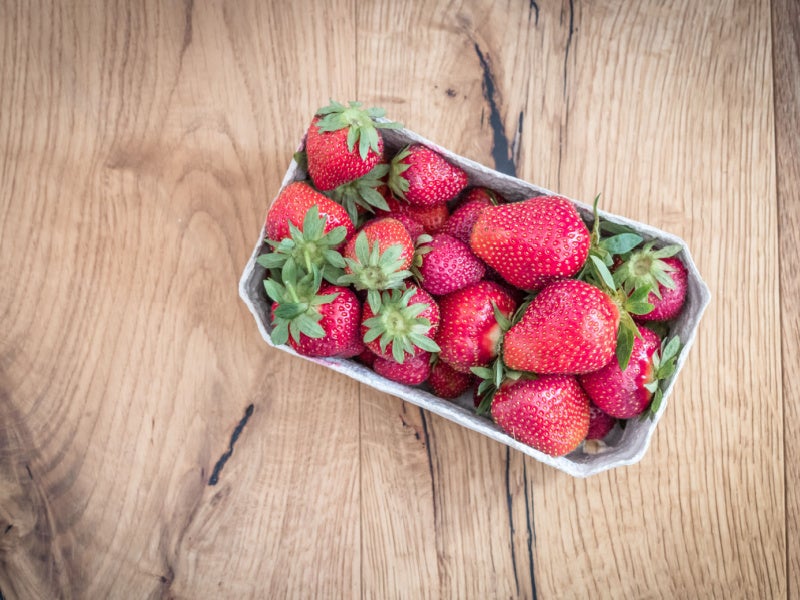Visy, a packaging and resource-recovery company, has opened a new corrugated cardboard box manufacturing facility in the Brisbane city suburb of Hemmant in Queensland, Australia, in October 2023. It is the company’s third box facility in Queensland.
The project was announced in April 2022 as part of Visy’s commitment to invest A$2bn ($1.2bn) in Australia over the next ten years to reduce landfill and emissions while creating jobs.
Built with an investment of A$175m, the state-of-the-art facility has the capacity to produce up to one million boxes a day.
The facility is pivotal in promoting circular economy and sustainability by recycling, reusing and repurposing paper and cardboard locally.
Location
Visy’s new facility is located in Crossbank industrial estate owned by Dexus Wholesale Management at 141 Anton Road, Hemmant, Brisbane, Queensland. It is built on a 13.3ha site in the estate and lies in close proximity to transport infrastructure.
Visy’s corrugated cardboard box factory details
Visy’s corrugated cardboard box factory has a gross floor area of 44,664m2 (4.8 million ft2). It is installed with a 2.8m-wide corrugator from BHS Corrugated, a corrugated machinery supplier.
The paper rolls are transported to the corrugated board machine using BHS Intralogistics, an automated intralogistics solution comprising a BHS iShuttle, BHS intelligent Communication Management System (iCMS) and BHS transfer station.
BHS iShuttle is an autonomous transport shuttle with a load capacity of up to 4.4t. The compact shuttles can easily manoeuvre in narrow and tight places and can be integrated into production facilities. The movement of the shuttles is managed by BHS iCMS, a software package with multiple easy-to-use interfaces.
The BHS transfer station is a stationary lifting device comprising a roller camp. It operates autonomously at 360° and has a load capacity of 4,440kg. The transfer station is mainly used for loading the BHS iShuttle with corrugated rolls.
Product details
The new facility uses 100% recycled paper to produce corrugated boxes for Queensland’s food and beverage companies, farmers and growers.
The types of corrugated boxes produced by Visy for the fruit and produce, as well as packaged food sectors include self-lock punnets available with and without vents, self-lock open top punnets, clamshell punnets with and without vents, single row trays, bulk bins and carry baskets, among others.
For the beverage sector, the company produces hand-erect trays, wrap-arounds, bag-in-box and wine packs. It also provides adhesive labels for the corrugated boxes.
Contractors involved
Australia-based construction company McNab was responsible for constructing the new facility.
Novar, a civil engineering construction company, carried out more than 28,000m² of hardstand external concrete work for the facility.
NRG Services was responsible for designing and installing the plant’s electrical, mechanical and communications infrastructure. The company is an electrical, mechanical, communications and building services provider.
Marketing commentary on Visy
Visy is a paper, packaging and recycling solutions provider headquartered in Melbourne, Australia. It operates more than 140 sites throughout Australasia, with approximately 7,000 employees.
Visy offers a comprehensive range of services and products, including paper and primary packaging products, point-of-sale displays, packaging materials, materials handling and recycling.
Visy’s corrugated cardboard box factory is a part of the company’s investment plan in Australia, including A$700m planned in Queensland. The investment plan also includes the development of a new glass manufacturing facility in Yatala, Queensland.
In addition, a A$48m investment is planned to upgrade its material recovery facility (MRF) in Gibson Island. The upgrade will divert 30,000t of material from landfill.






